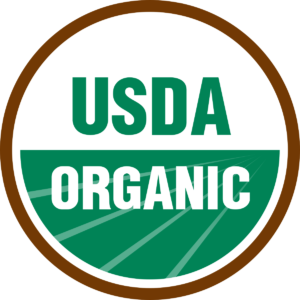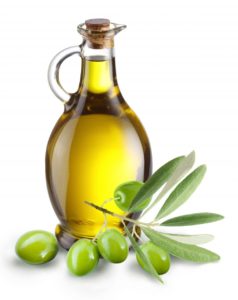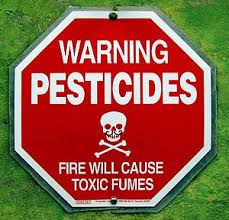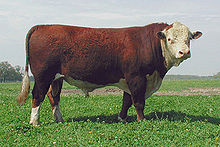 The incidence of both intestinal bowel diseases (IBD) and colorectal cancer is rapidly increasing in developed countries (e.g., US, Canada, Europe). There are many theories over why this is occurring, with most researchers thinking a person's diet plays a role. A big suspect in promoting IBD and colorectal cancer is the Western diet, which has lots of ultra-processed foods and is also low in fiber.
The incidence of both intestinal bowel diseases (IBD) and colorectal cancer is rapidly increasing in developed countries (e.g., US, Canada, Europe). There are many theories over why this is occurring, with most researchers thinking a person's diet plays a role. A big suspect in promoting IBD and colorectal cancer is the Western diet, which has lots of ultra-processed foods and is also low in fiber.
A recent large study looked at 6 major diets and how they impact the gut microbiome. The six dietary patterns were: Western diet, Mediterranean diet, high-fiber diet, plant-based diet, high protein diet, and ketogenic diet.
And surprise, surprise - eating a Western diet resulted in having an increase in gut bacterial species linked to chronic inflammation, heart disease, colorectal cancer, IBD, and diabetes. The Mediterranean style diet had an increase in bacterial species linked to a lower risk of cardiovascular disease, IBD, and type 2 diabetes. In fact, all 6 diets had distinct bacterial profiles in the gut.
 Bottom line: The foods a person eats can either feed and nourish beneficial bacteria or harmful bacteria (linked to cancer and IBD). Best for health is a Mediterranean style diet (lots of fruits, vegetables, whole grains, legumes, seeds, nuts), and avoiding ultra-processed foods. You are what you eat!
Bottom line: The foods a person eats can either feed and nourish beneficial bacteria or harmful bacteria (linked to cancer and IBD). Best for health is a Mediterranean style diet (lots of fruits, vegetables, whole grains, legumes, seeds, nuts), and avoiding ultra-processed foods. You are what you eat!
From Medical Xpress: Western diets pose greater risk of cancer and inflammatory bowel disease, study finds
Western diets pose a greater risk of inflammatory bowel disease (IBD) and colorectal cancer, according to a milestone review of what people eat around the world. ...continue reading "A Mediterranean Style Diet Feeds Beneficial Gut Bacteria"

 The ingredient xylitol is added to a number of products, but recent studies find it to have no health benefits (
The ingredient xylitol is added to a number of products, but recent studies find it to have no health benefits ( Many people wonder if the organic food that they buy really is organic. Well... when they buy imported organic foods from outside the United States - they may not be getting organic foods. Fraud occurs due to a major loophole in the current organic standards, a loophole that certain big companies and organizations want to keep.
Many people wonder if the organic food that they buy really is organic. Well... when they buy imported organic foods from outside the United States - they may not be getting organic foods. Fraud occurs due to a major loophole in the current organic standards, a loophole that certain big companies and organizations want to keep. For good health, eating a variety of foods is best. But some foods, such as olive oil, seem to be especially beneficial. A recent
For good health, eating a variety of foods is best. But some foods, such as olive oil, seem to be especially beneficial. A recent  Brains age as a person ages. Brains shrink a little over time, and thinking may not be a good as it was years ago. So you absolutely want to delay brain aging and cognitive decline. A recent
Brains age as a person ages. Brains shrink a little over time, and thinking may not be a good as it was years ago. So you absolutely want to delay brain aging and cognitive decline. A recent Update to the toxic pesticide acephate story of
Update to the toxic pesticide acephate story of  Finally there will be truth to the label "Product of USA" when it comes to meat and poultry. Starting in 2026,
Finally there will be truth to the label "Product of USA" when it comes to meat and poultry. Starting in 2026, 
 The studies finding health harms from ultra-processed foods keep coming. Ultra-processed foods are food products manufactured with all sorts of ingredients (additives) not normally found in our kitchens.
The studies finding health harms from ultra-processed foods keep coming. Ultra-processed foods are food products manufactured with all sorts of ingredients (additives) not normally found in our kitchens.